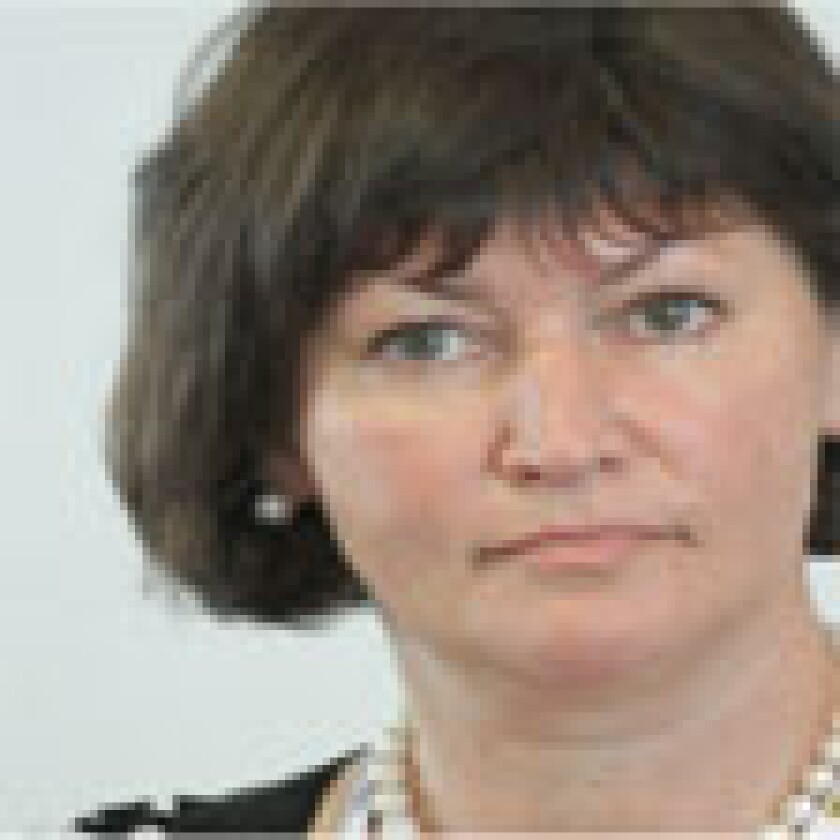Policymakers from across emerging Europe this weekend appealed to the EU to show leadership, combat the fiscal storm and step up its engagement with its eastern neighbours, amid mounting fears that the region’s economic recovery will be derailed.
The calls come in the wake of a week of market turmoil that has cast a shadow over the European integration project and dampened the appetite for eurozone enlargement.
Irina Akimova, deputy head of the Presidential Administration of Ukraine, told Emerging Markets she feared another crisis that would affect the whole continent unless Western Europe showed “solidarity... and fiscal responsibility”.
Lithuanian prime minister Andrius Kubilius said the problems of the eurozone were problems for all those in the EU. “Usually after a big crisis, it is chance to reflect,” he said. “We should have a more integrated and co-ordinated policies in the European Community.”
Jurgen Ligi, the finance minister of Estonia – which this week won backing from European for its bid to join the single-currency– said: “Countries are showing solidarity and we all need to provide good leadership.”
Meanwhile Bozidar Djelic, the Serbian deputy prime minister, said that leaders needed to explain to citizens the “common interest of greater integration”.
Asked whether the financial problems in Western Europe would blow Serbia’s EU accession bid off course, he told Emerging Markets: “There is the realization in Europe that one needs to be careful when you open and you have to take into account public opinion, which may not be supportive of more integration.”
The calls for economic solidarity in Europe came as fears grew that high Western Europe government debt would trigger a slowdown in exports from emerging Europe, which has been the main driver for the region’s economic recovery.
Today, the EBRD raised its 2010 economic growth forecast for the region to 3.7% from 3.3% predicted in January although growth was largely driven by economies with larger domestic markets such as Turkey, Poland and Russia.
Akimova criticised the E110 billion Greek bailout, accusing the EU of double standards and moral hazard. “There is no reason for the IMF to support Greece because it provided extra-budgetary support and there was no balance of payment problem,” she said.
Ukraine is negotiating a second two-year programme the IMF and is quibbling over the permissible budget gap. “We have the same issue of a high fiscal deficit and it will be cut two times under pressure under the IMF. But I hope there will be a level playing field and some flexibility on the IMF”
But Marek Belka, director of European department at the IMF and a former Polish prime minister, shot down these fears, citing this week’s pan-EU financial stabilization package: “I think it’s a sign of resolve, it’s a sign that European leaders when pressed can act,” he told Emerging Markets.
Belka warned the crisis should not set off reform fatigue in emerging Europe and said countries should privatize unprofitable and state-owned enterprises, principally in Russia and Ukraine, but “there is no appetite for such a move”.
